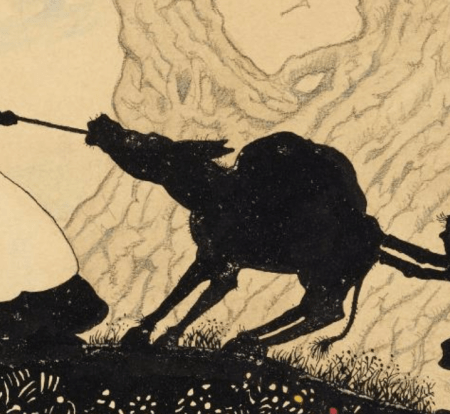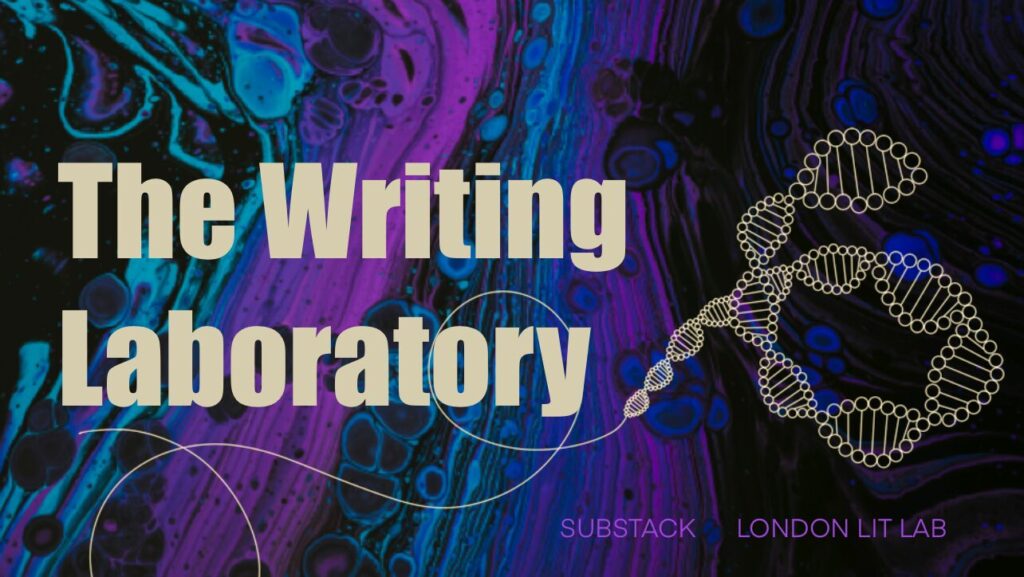For as long as they have been told, folk tales have been borrowed and then warped, refashioned or adorned. Over the centuries, from Charles Perrault to Angela Carter to 21st-century authors such as Helen Oyeyemi and Lucy Wood, the symbols and signs of folk tale have passed from writer to writer, even as their meanings, in new hands, have changed.
As readers, we respond to these meanings in deep, personal places where intuition often overtakes the rational. As writers, we want to learn how to harness that power: as well as retelling tales, we might twist them, turn their archetypes inside out, continue where they left off, or pare them back to the bones and start afresh.
These are all techniques we will explore as we look at both original folk tales, and fiction inspired by them – including stories by writers such as Emma Donoghue, Sara Maitland, Sarah Hall, Kirsty Logan, Lucy Wood, Helen Oyeyemi, Michael Cunningham and Jackie Kay.
This course is aimed at new or established writers, who are either already experimenting with using folk tales in their writing, or who would like to learn about this approach for the first time. If you’ve already been on Folk Tales in New Fiction, this is an ideal follow-up, but is also perfect as a first folk-tales course.
Course outline
- Four assignments, including reading material, discussion prompts and writing exercises
- Opportunity to share your work (not obligatory)
- Written feedback on a final submission of up to 1,500 words from the course tutor
- An online writing community, lasting beyond the end of the course
Your course tutor, Zoe Gilbert, will upload a new lesson each week. This will include stories and other sources to read, Zoe’s lesson, and a writing assignment. You can read and write in your own time, and share your thoughts and writing with others using message threads on the course page. There is no obligation to share work unless you would like to!
In the penultimate week, you’ll have time to develop one of the writing assignments into a finished short piece. Zoe will read it and provide feedback in the final week.
All material and discussion channels will be available for the seven-week period of the course, and for two months after that.
Course timetable and content
Week 1 (February 21st): Being a beast – the symbolism of animal wildness
Week 2 (February 28th): Hag, crone, wise woman – new energy from old archetypes
Week 3 (March 7th): Break week to catch up on assignments, read and write
Week 4 (March 14th): Tree lore – the seeds of story in ancient beliefs
Week 5 (March 21st): Happily ever once upon a time – exploring the aftermath
Week 6 (March 28th): Submit a whole or partial finished piece (up to 1,500 words)
Week 7 (April 4th): Receive individual feedback from Zoe
Time Commitment
You can work through the material and do writing exercises at your own pace. To help with your planning, we suggest you allow a minimum of three hours for each lesson/assignment, and a little extra for recommended reading.
Learning online
The course will take place online, in a closed group on a platform called Slack. You’ll need to have internet access but not on particular dates. Slack is easy to use, and we’ll provide you with full instructions and guidance before the course starts. On Slack, we won’t have scheduled live chats, but there will be plenty of opportunity to interact with Zoe and the other course participants in discussion threads, throughout the seven weeks.



